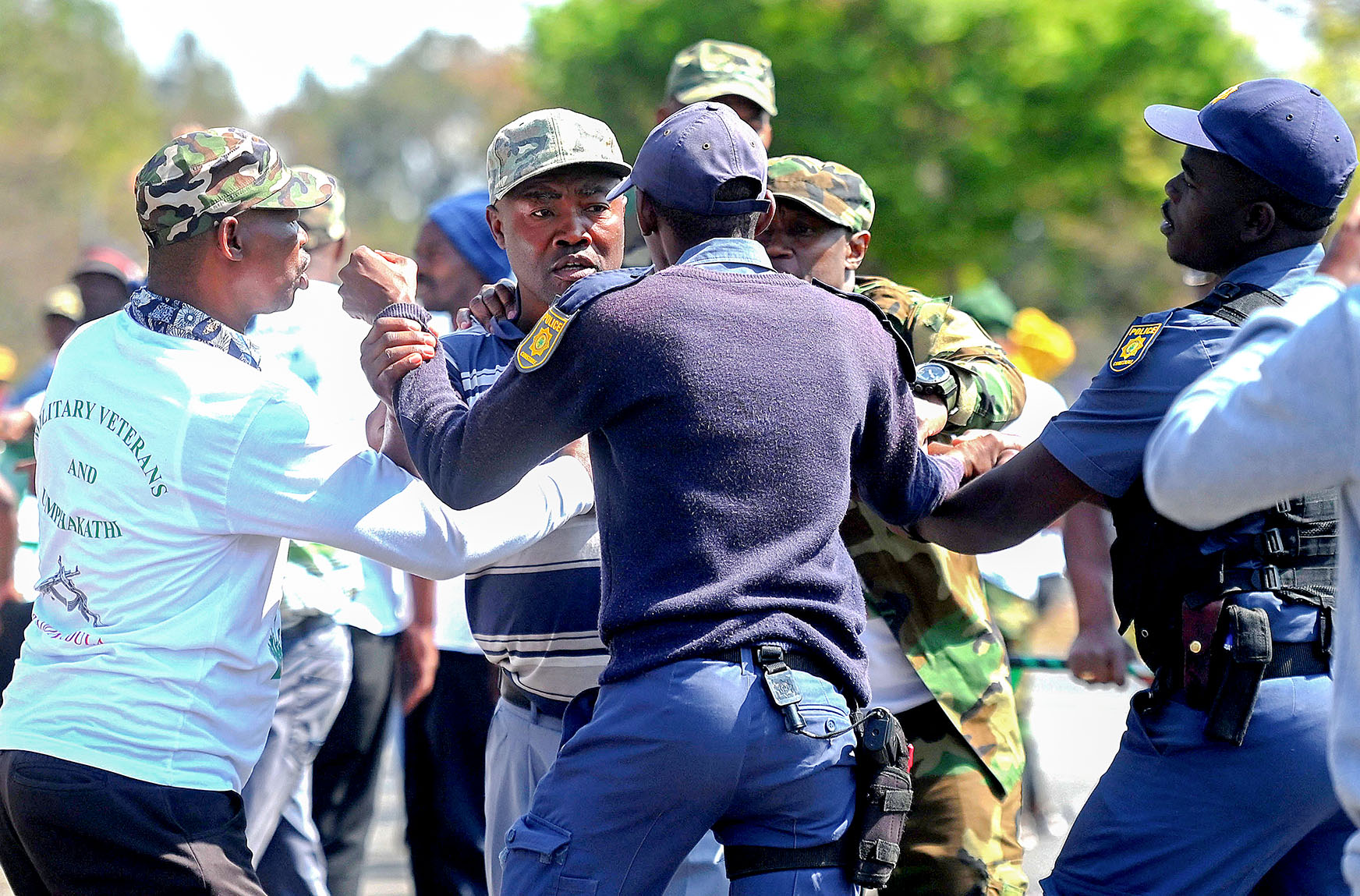There is no question that South Africa’s public health system is in crisis. Healthcare professionals, policy analysts and political parties highlight systemic dysfunction, characterised by chronic underfunding, collapsing infrastructure, staff shortages and weak governance. ActionSA itself has admitted that Gauteng’s health crisis stems from “inadequate project management, lack of accountability and consequence management, coupled with a lack of skilled personnel and inefficient supply chain processes”.
Few would dispute that the state, across all spheres, has failed to deliver quality, accessible healthcare to all. Yet, the claims that foreign nationals are “overburdening” hospitals or “abusing” the system continue to dominate the discourse. So widespread is this scapegoating that it has taken on the illusion of truth.
But there is no credible evidence to support such claims.
On the contrary, multiple studies, including government-commissioned reports, show that many migrants – especially those who are undocumented – actively avoid healthcare facilities due to fear of arrest, discrimination and outright denial of care. When they do seek help, many pay out of pocket, often at higher rates than South African citizens.
Scapegoating is not a solution. It’s a distraction – and not a new one.
There is a deep irony in a nation forged through the struggle against racial oppression now deploying the same exclusionary logic against “outsiders”. The parallels with Trump-era politics are disturbing. Just as the US president weaponised the myth of white victimhood to slash aid to South Africa and promote a whites-only refugee policy, local politicians have embraced the same playbook – fear-driven, fact-free and designed to divide.
Figures like Gayton McKenzie and Herman Mashaba, and movements such as Operation Dudula have built platforms on xenophobic conspiracy theories, and revived colonial-era stereotypes. Their messages, amplified through social media, reach millions, spreading fear and misinformation. Trump would be proud. We may not be exporting white refugees, but we are certainly importing white nationalist logic.
“How can we improve access to quality healthcare?” asks ActionSA. Well, take a look: they don’t know.
Their solution? ActionSA asserts: “No South African can enter another country legally without providing proof of medical insurance.”
This statement isn’t just factually flawed, it reveals a fundamental misunderstanding of both international mobility and health equity. Many South Africans can and do travel without medical insurance, and many countries do not require it for entry. But more importantly, health access should not be framed as a zero-sum, transactional privilege – it is a human right
Debunking the ‘healthcare rescue’ myth
South Africa’s healthcare system is not collapsing under the weight of so-called medical tourism. It is crumbling under decades of budget cuts, poor planning and political neglect. The South African Human Rights Commission has warned that denying foreign nationals access will not alleviate pressure on the system.
The government’s own data shows that migrants constitute just 4% of South Africa’s population. They are not responsible for drug shortages, collapsing infrastructure or staff vacancies. Yet, the fearmongering has deeply distorted public perception. The Human Sciences Research Council’s South African Social Attitudes Survey found that most South Africans believe there are more than 25 million foreign nationals in the country, with more than 20 million assumed to be “illegal”. This is not just incorrect, it is the result of sustained political misinformation.
Until evidence replaces ideology, this “alternative truth” will continue to thrive – and “trump” truth.
Scapegoating isn’t policy, structural reform is
South Africa’s crises – whether in healthcare, housing or public safety – are not demographic pressures. They are the result of structural failures. Blaming the marginalised is easier than confronting the uncomfortable truths about misgovernance.
In provinces like the Eastern Cape per capita health spending has declined even as patient numbers continue to grow. Experts have consistently pointed to institutional neglect, not migrants, as the root cause. The Life Esidimeni tragedy, in which 144 mental health patients died due to state negligence, had nothing to do with foreign nationals.
And yet the migrant “burden” myth endures – because it serves a purpose: it redirects public anger away from those in power and towards those with the least power.
We must hold all political rhetoric to the same standard. Just as we rightly demand evidence when Trump claims white victimhood, we must also demand it when Mashaba, McKenzie or Dudula blame migrants for systemic failures.
We cannot selectively suspend our commitment to truth.
The real crisis is not migration. It is misgovernance. And the sooner we name it, the sooner we can begin to rebuild what has been broken. DM
Associate Professor Jo Vearey is director of the African Centre for Migration & Society at Wits University and vice-chair of the international Migration Health and Development Initiative.
Dr Rebecca Walker is an independent researcher and associate of the African Centre for Migration & Society at Wits University.
Diego Iturralde is chief director for demography and population statistics at Statistics South Africa, co-chair of the South African Migration and Urbanisation Forum and former chair of the UN expert group on international migration statistics.




 Members of Operation Dudula clash with suspected foreign nationals and police outside Kalafong Hospital in Atteridgeville, Pretoria, on 1 September 2022 while Operation Dudula members were reportedly preventing undocumented foreign nationals from accessing medical care. (Photo: Gallo Images / Beeld / Deaan Vivier)
Members of Operation Dudula clash with suspected foreign nationals and police outside Kalafong Hospital in Atteridgeville, Pretoria, on 1 September 2022 while Operation Dudula members were reportedly preventing undocumented foreign nationals from accessing medical care. (Photo: Gallo Images / Beeld / Deaan Vivier)